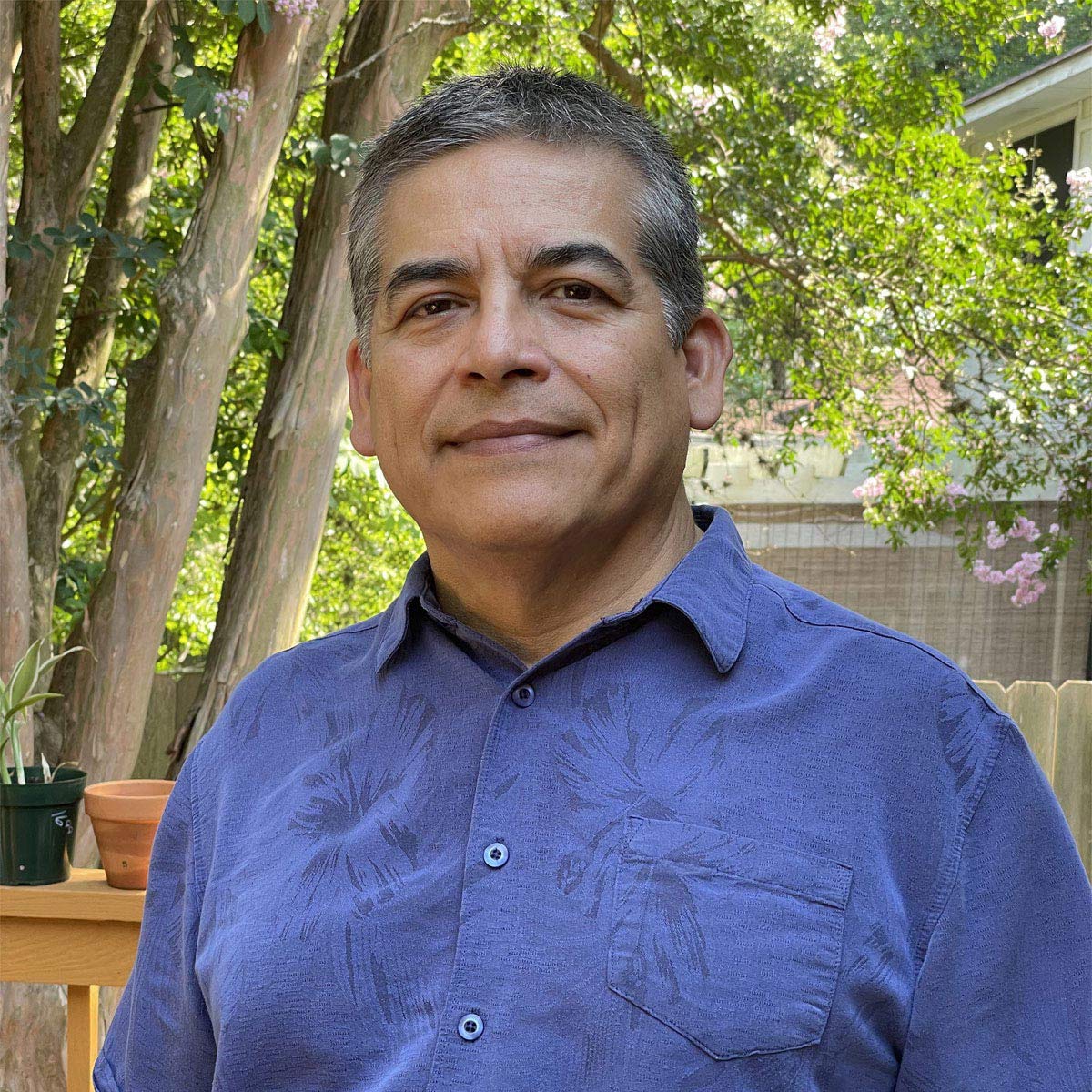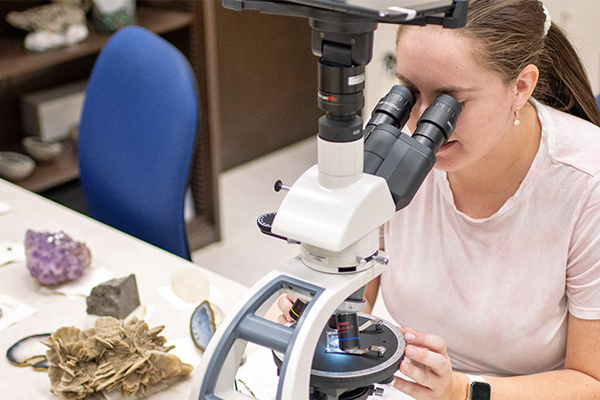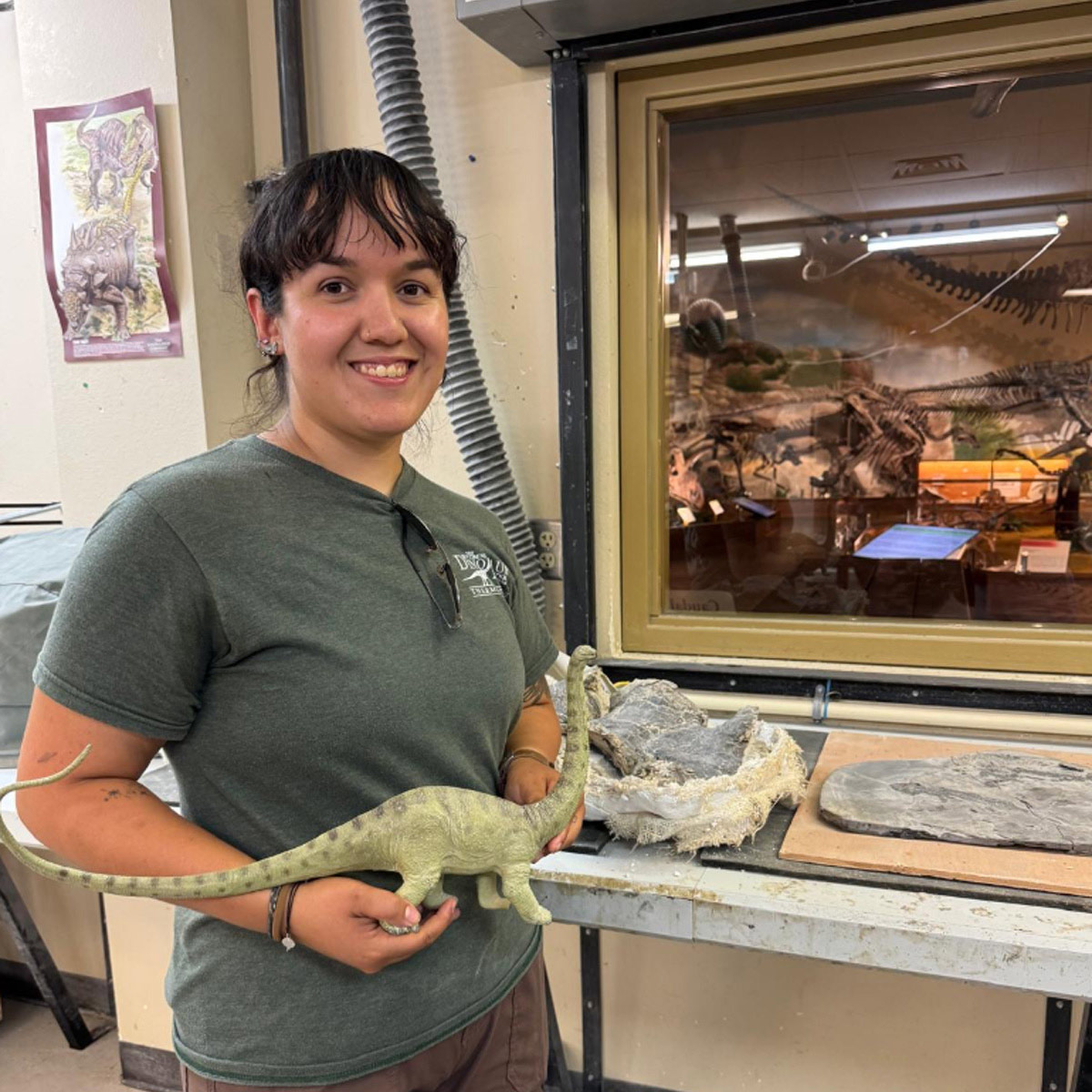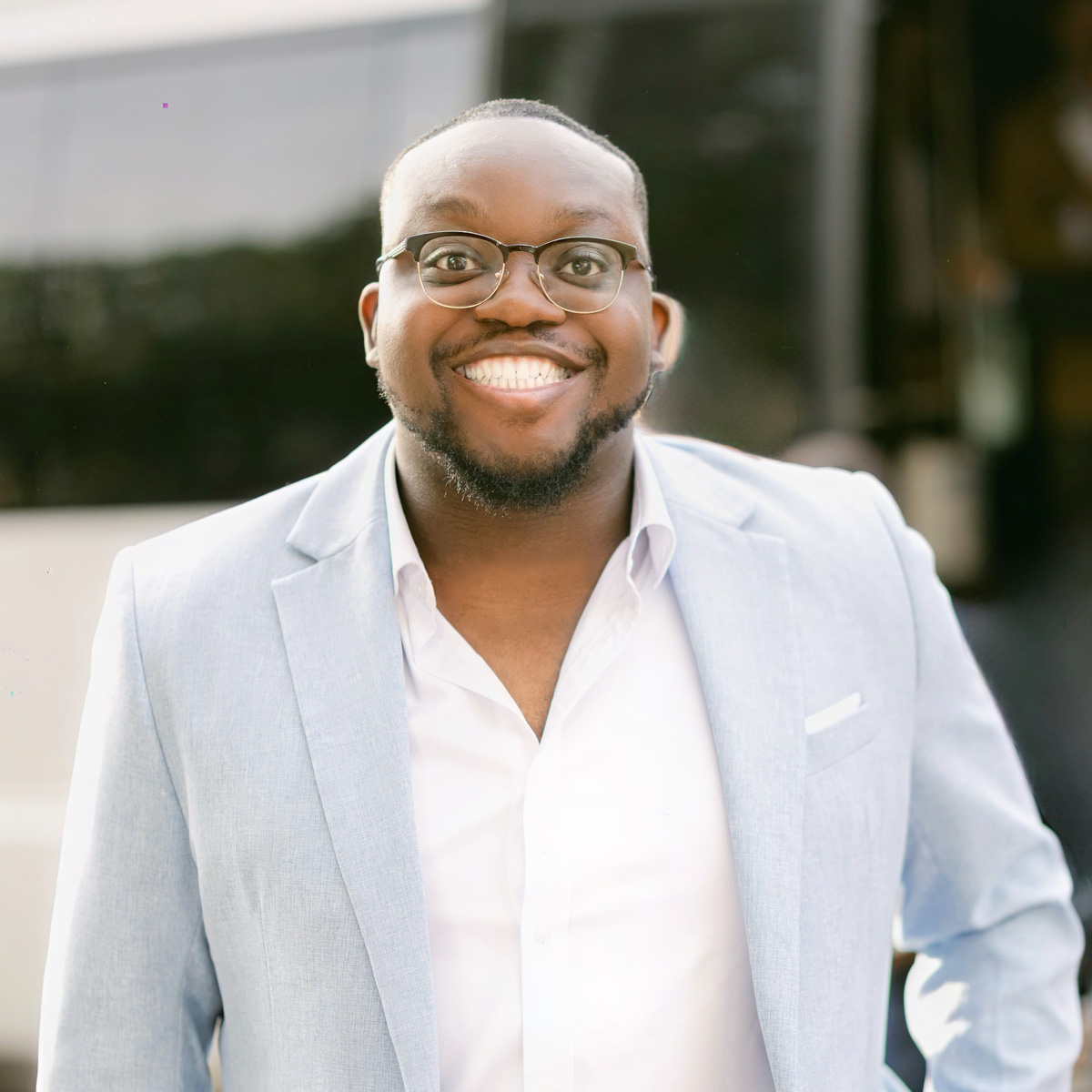Posted on January 19, 2024 by College of Sciences

Alberto Mestas-Nuñez, Ph.D., Department of Earth and Planetary Sciences
What did your journey to UTSA look like and are you fixed-term track or tenure track?
I am an Oceanographer in the Department of Earth and Planetary Sciences and have been at UTSA for about seven years. I came to UTSA after serving for three and a half years as a Program Director for the Physical Oceanography Program of the National Science Foundation in the Washington D.C. area. I was looking for a job opportunity in San Antonio because my older two daughters had settled down here and my wife and I wanted to be close to them. With this in mind, I approached the department, and we started conversations that eventually led to my hiring. I am on a fixed-term track.
What do you enjoy most about your area of study?
I enjoy learning new things and sharing them with others. Oceanography is a young interdisciplinary field and as such there is always something new to discover or learn. Also, measurement and computer technologies are advancing very rapidly providing large volumes of data awaiting to be mined into useful information about the earth's system. I enjoy training the new generation of geoscientists that will hopefully take advantage of the abundance of data that will be available in the future.
What are some of the most notable research projects that you've been involved in?
One of the most notable research projects I have been involved in was characterizing the dominant climatic modes of sea surface temperature variability and their associations with Atlantic hurricanes and rainfall over North America. I worked on this when I was at the NOAA Atlantic Oceanographic and Meteorological Laboratory in Miami, Florida. In this project, I collaborated with Atlantic hurricane researchers and hydrologists which led to my two most cited team publications in the journals Science and Geophysical Research Letters. These publications, particularly the Science article, led to a lot of media attention and being English-Spanish bilingual allowed me to help communicate our findings to both the English and Spanish media networks.
Another notable research experience was serving as a Program Director at the National Science Foundation. This gave me a broad view of the earth's sciences and exposed me to the brightest minds in the field. I enjoyed the panel review discussions, networking with fellow program officers from other disciplines and agencies, and interacting with principal investigators across the U.S.
What is your proudest moment with the COS?
One of my proudest moments with the COS was to be a part of the multidisciplinary team that landed the NASA cooperative agreement that allowed us to set up the Center for Advanced Measurements in Extreme Environments (CAMEE) at COS. This educational project provided substantial funding to train teachers and underrepresented minority students at all levels in STEM disciplines.
What do you enjoy most about your job?
What I enjoy most about my job are the "eureka" moments that come after you have been struggling to understand something and finally something clicks and you are able to make progress. Even more joyful perhaps is being able to explain what you have learned to others.
How would you spend your ideal Saturday?
My ideal Saturday would include some combination of the following: Writing poetry before I am completely awake, early meditation time, walking around the neighborhood to see the sunrise, drinking "maté" (a South American herbal tea) while reading a book, ball pen sketching, catching up with friends and family, spending time with my wife, listening to music, and playing with my grandchildren.
What are your book recommendations?
- A Captain at 15 by Jules Verne
- The Artist's Way, A Spiritual Path to Higher Creativity by Julia Cameron
- Any of the Steinbeck books

Explore the EPS Department!
With research centers such as the Center for Advanced Measurement in Extreme Environments and the Institute for Water Research, Sustainability and Policy, students have access to diverse research opportunities to foster their education.
Recent EPS Spotlights
View More Spotlights



